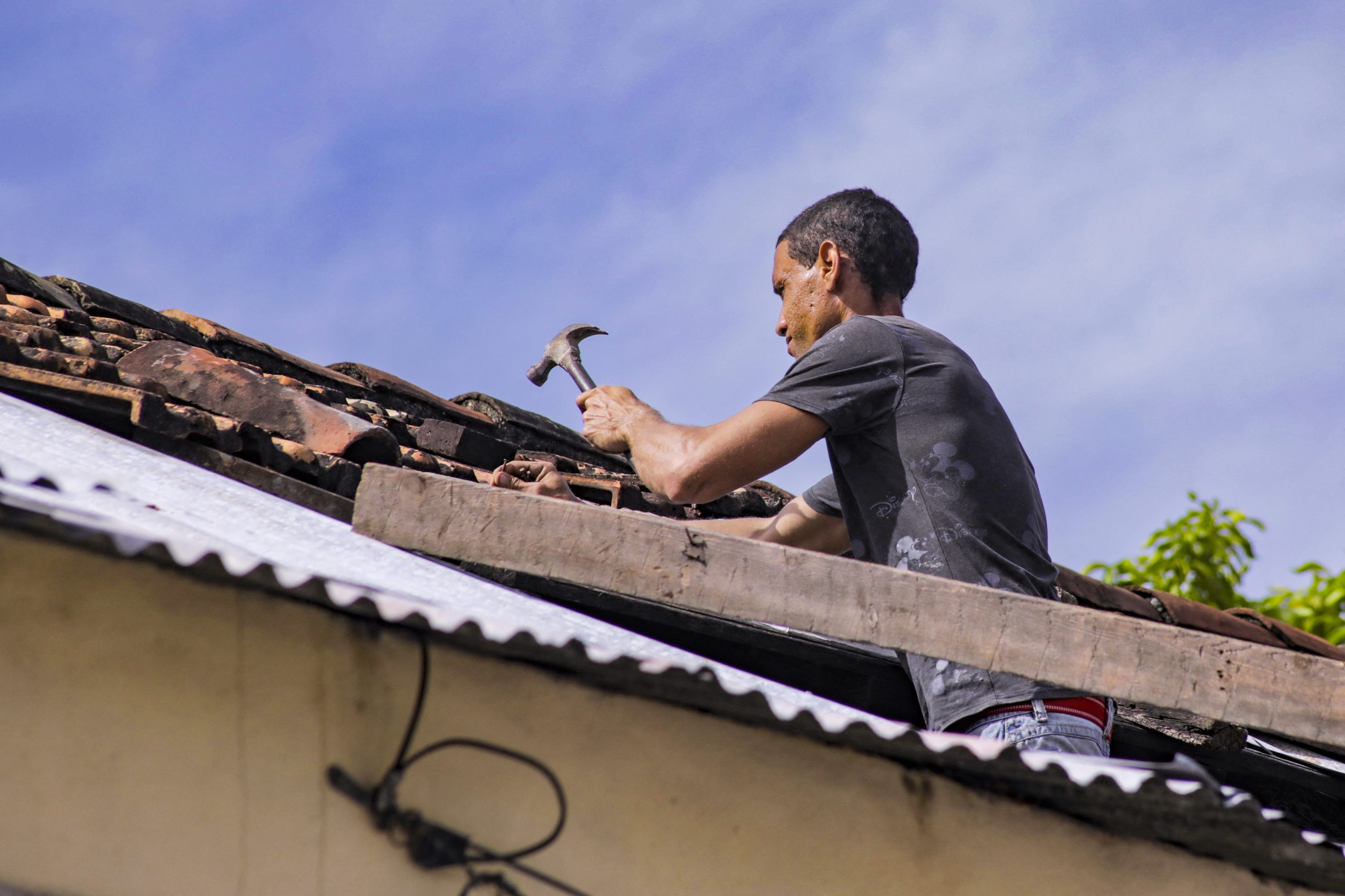Hurricane Melissa, a monstrous Category 5 storm, has carved a path of destruction through the Caribbean, leaving a trail of devastation in its wake. The immediate aftermath reveals a staggering loss of life, widespread infrastructure damage, and economic turmoil, prompting urgent calls for international aid. But what is the most effective way to help those affected? Simply donating money isn’t always the answer.
The Catastrophic Impact of Melissa
The storm’s impact has been particularly severe in Haiti, where at least 23 lives have been lost, primarily due to flash flooding caused by overflowing rivers. Jamaica, where Melissa made landfall at its peak intensity, faces a potential economic catastrophe. Accuweather estimates damages could reach $22 billion – exceeding the nation’s entire GDP. The storm has already claimed at least four lives in Jamaica. As Melissa weakens to a Category 2 storm, it is expected to hit the Bahamas.
Beyond the immediate loss of life and destruction of property, the hurricane has crippled essential services. Power lines are down, hospitals are flooded, and communities are cut off. The long-term implications for these nations, already grappling with existing challenges, are significant.
Beyond Monetary Donations: A More Holistic Approach
While financial aid is undoubtedly crucial, experts argue that it’s not the only, or even always the best, way to contribute to effective disaster relief. Too often, large sums of money can be mismanaged, siphoned off by corruption, or simply fail to reach those who need it most.
A more effective approach involves:
*
Supporting Local Organizations:
Identifying and donating to grassroots organizations that are already embedded within the affected communities. These groups understand the specific needs of the people and can ensure aid reaches those who are most vulnerable.
*
Providing Targeted Assistance:
Focusing on specific needs, such as medical supplies, clean water, food, and shelter. Donating to organizations that specialize in providing these essential resources can ensure that aid is delivered efficiently and effectively.
*
Promoting Long-Term Recovery:
Supporting initiatives that focus on rebuilding infrastructure, restoring livelihoods, and addressing the long-term mental health needs of the affected population. This requires a sustained commitment, not just immediate relief efforts.
The Path Forward: Building Resilience
Hurricane Melissa serves as a stark reminder of the increasing frequency and intensity of extreme weather events exacerbated by climate change. As the Bahamas brace for impact, the international community must not only provide immediate relief but also invest in long-term strategies to help vulnerable nations build resilience to future disasters. This includes strengthening infrastructure, improving early warning systems, and promoting sustainable development practices. The devastation wrought by Melissa underscores the urgent need for a comprehensive and coordinated response that prioritizes the needs of the affected communities and fosters long-term recovery and resilience.
Based on materials: Vox





